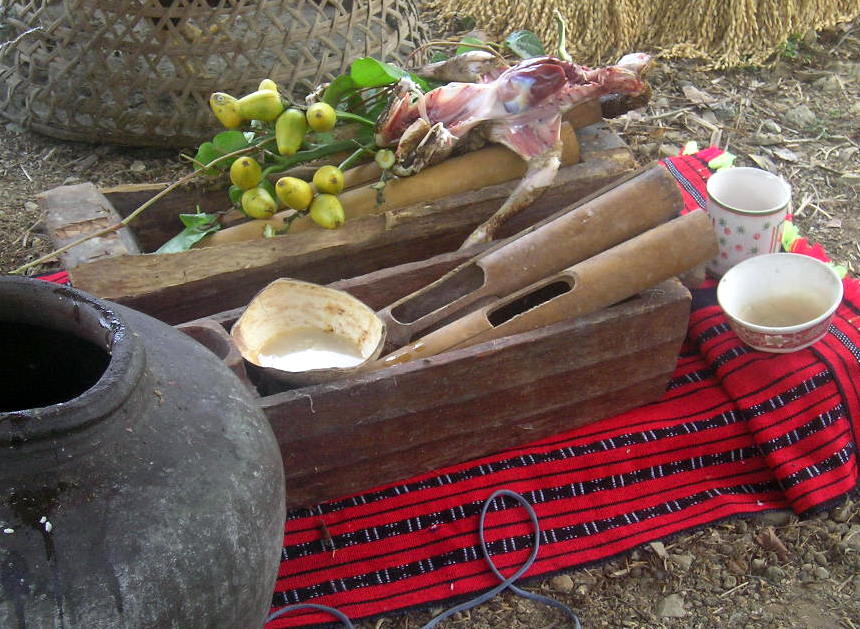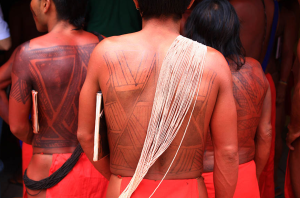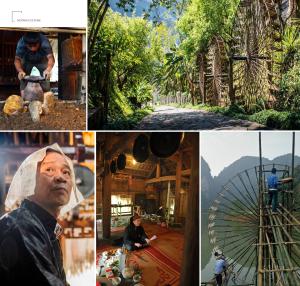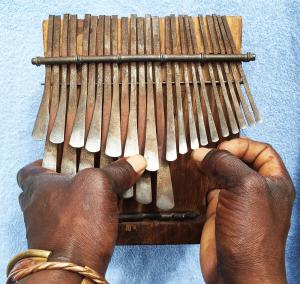The tongtong is the primary justice system used by indigenous communities in the Cordillera Administrative Region in the Philippines for conflict resolution. With customary laws serving as its basis, the tongtongan (or the “council of elders”) serves as judges, mediators, and counselors.
As outlined by Rice (1974), the tongtongan follows these basic principles: (1) Judgment is immediate, final, and executory; (2) All hearings are held in public; (3) Restoration is immediate and accomplished through a celebration involving the entire community; (4) The kin of the guilty party is involved in the payment of fines, while the kin of the offended party is the recipient of a portion of the fine; and, (5) Pig, which is a portion of the fine, is butchered for the celebration.
After settlement, a member of the tongtongan pours water on both parties’ hands to symbolize the cleansing of past hurts. They also drink tapey/tapuey/tapuy, a traditional rice wine, from the same glass, to embody friendship and camaraderie from henceforth (Albano, 2014; Bagamaspad & Hamada-Pawid, 1985; Cordillera Schools Group, Inc, 2003; Rice, 1974).
Text by Raizel Albano, Founder and Director of Anthro on Foot Audio Walking Tours
04-07-2024
| References |
|
|




.jpeg)

.jpg)




.png)
.jpg)















_(31711258567).jpg)






























































